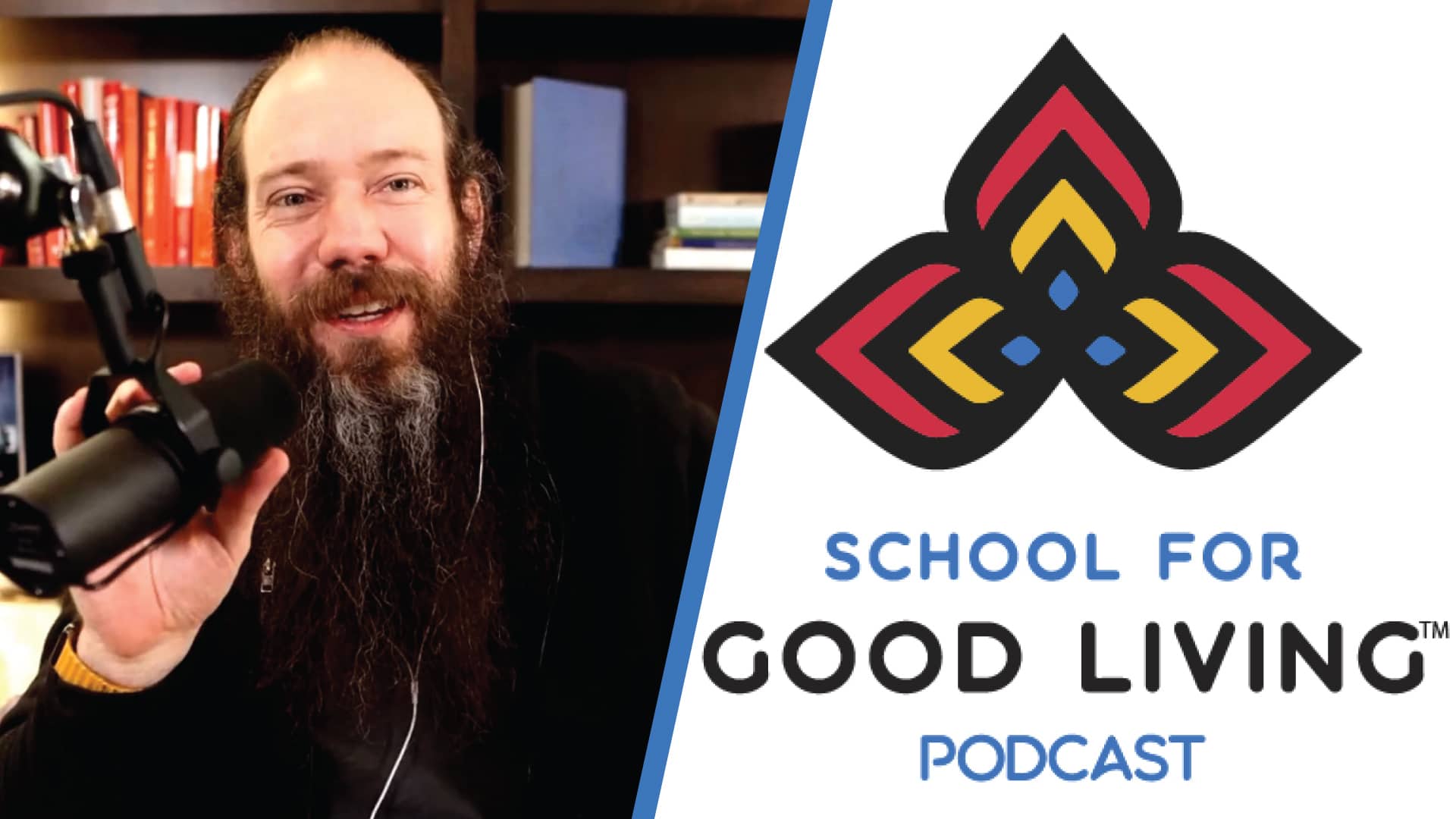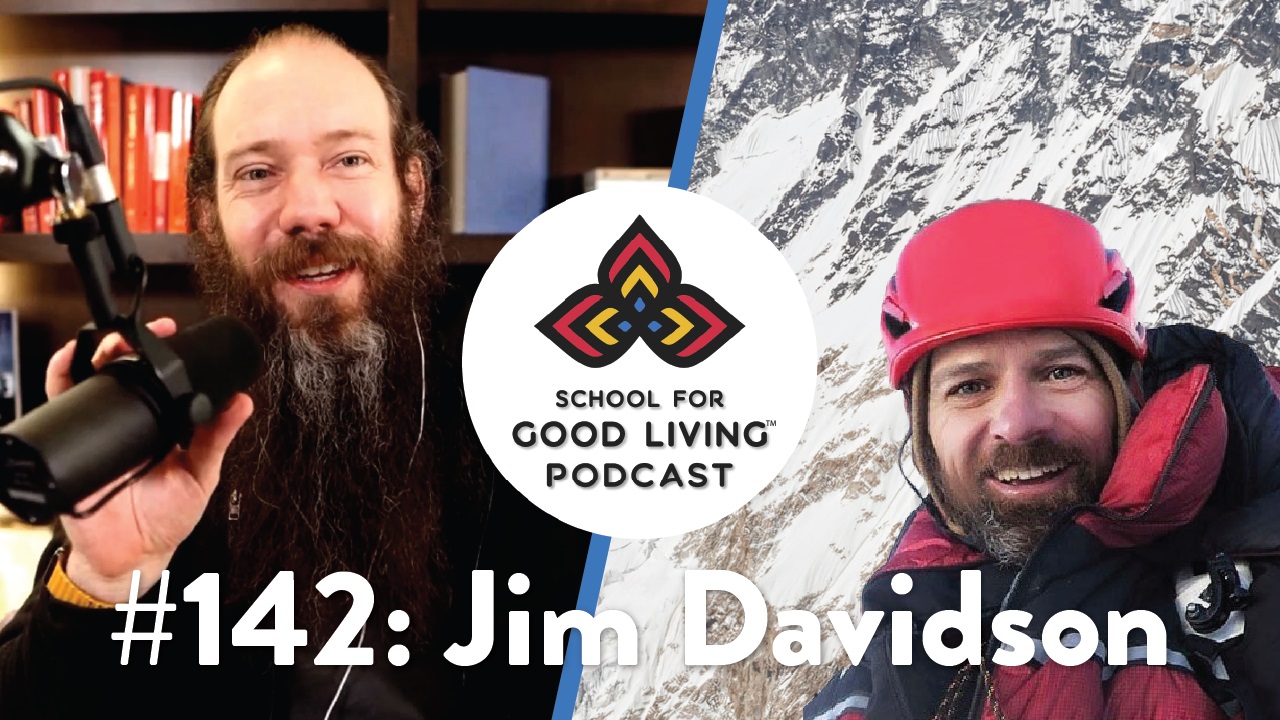Archive
100 words to help you EARN RECOGNITION AND MONEY
Why You Need A Sales Plan
Businesses fail for one main reason: not enough sales.
An entrepreneur friend of mine (who sold his business for millions) once told me, “Revenue forgives all sins.”
While I don’t love the phrasing, I appreciate the sentiment.
It is often said that if you fail to plan, you plan to fail. That’s as true for your sales as it is for the rest of your life and business.
So, write a simple sales plan. Be clear and specific.
How much revenue will you produce? What products—in what quantities—will you sell? By when?
People Need People: A Few Things I Learned From Hosting A Monthly Mindfulness Group For The Last Four Years
Everyone is looking for something.
Each of us is searching for many things, some of which we are unaware.
Things like
-Connection with like-minded people
-Better ways to live – daily rituals and practices to give us strength and peace
-Aliveness and fun!
Create these kinds of things for others by organizing (and perpetuating!) a discussion circle, a book club, a running group, etc.
Give it structure, leadership and energy.
You will bless your own life and the lives of others.
Create Great Names For Your Products And Services
You help your clients (and yourself) when you give your offerings interesting, descriptive or memorable names.
Author Michael Hyatt’s acronym “PINC” might help. It stands for: Promise, Intrigue, Need, Content.
Why You Might Not Be Getting As Many Clients As You Want (And What To Do About It)
Clients want to change something about their lives. Or, more likely, something about themselves.
And they want to know that you can help them make that change.
From living paycheck to paycheck to being wealthy.
From eating emotionally to being at peace with food.
From soul-crushing emptiness to a life full of purpose.
From “this” to “that.”
If clients don’t believe you can help them change, they won’t hire you.
Know what change you help clients make. Orient your marketing around that.
Go Beyond Demographics by Using Psychographics
Understand your clients’ demographic information—things like their age, gender, education level, occupation, annual income, ethnicity, geographic location and marital status—to know who they are.
The more you understand your clients’ demographic information, the better you’ll know where to reach them—online and off.
Understanding your clients’ psychographic information—things like personality characteristics, attitudes, lifestyle, values, opinions, beliefs, interests and hobbies—will help you know why they buy.
The more you understand your clients’ psychographic information, the better you’ll be able to craft and deliver resonant messages that motivate them to hire you.
Believe in Yourself and the Value You Offer Others
Developing the skills to effectively coach others is relatively easy, especially if you naturally enjoy this work.
It might be more difficult to develop the marketing or operations skill necessary to build a successful business.
Far more difficult – and important – than any other skill required to build a successful coaching practice is that of generating and sustaining BELIEF.
Tony Robbins suggests that mastery in ANYTHING is 20% skills and mechanics and 80% psychology.
Start managing your psychology by managing your STATE – by using conscious and empowering physiology, focus and language patterns.
Market the Problem
Many marketers say it’s easier to sell “aspirin” (the solution to a problem) than “vitamins” (something that makes people feel good).
Before you can sell someone the remedy to their ailment, you must know their ailment.
Have you seen billboards that say something like “Injured in an accident?” Or magazine ads that ask a question like “Got jock itch?”
Those are compelling questions for people experiencing those pains right now.
Which of your clients’ pain do you eliminate? How could you turn that into a short question? How could you use it to attract potential clients’ attention?
Cultivate Marketing Consistency
Once you’ve decided what marketing activities you will do (and you have decided, right?), clearly establish—in writing—the frequency with which you will do them.
Will you do a Facebook Live on Fridays? A Meetup on Mondays? Tweet on Tuesday and Thursdays (or twelve times a day?)
Or maybe you’ll write a blog post on a blue moon, or a newsletter in November.
The point is to make deliberate decisions about the structure and frequency of your marketing, and then to do it.
These self-imposed constraints help you focus and direct your precious energy and resources.
Go Pro
Clients want to work with coaches who help them produce results.
If you want a strength coach, you want help getting stronger. If you want a singing coach, you probably want help singing with more power and resonance. If you want an executive coach, you want to execute.
Professionals who consistently help clients achieve results are exactly that—pros.
They take their work seriously. They show up. They give full effort.
Whether you’re coaching full or part time, working inside or outside an organization, a beginner or a veteran, have many clients or none—have you gone pro?
How to Generate More and Better Marketing Ideas Faster (Eventually)
Being an effective marketer doesn’t happen overnight—it’s a process.
That’s why if you don’t already have a swipe file, which Wikipedia explains as “a collection of tested and proven advertising,” it might be good for you to start your own today.
When you find an interesting website or effective piece of marketing, take a photo or screen capture and add it to your swipe file.
Then, when it’s time to create your own webpage, email newsletter, blog post or campaign, open your swipe file for inspiration (not to plagiarize).
Gracefully Ask for Referrals
When asking for referrals, be specific, clear and brief.
Consider requesting like this:
“For the last [period], I’ve been serving [specific people] by [specific service OR result]. Do you know any [specific people] who might want [specific service OR result], and if so, are you open to introducing me?”
Example: “For the last few months, I’ve been serving entrepreneurs by helping them get and stay organized. Do you know any entrepreneurs who might want to get and stay organized, and if so, are you open to introducing me?”
Be okay with “No.” Be prepared for “Yes.”
Use a Business Roadmap to Get Where You Want to Go
In life and business, we often don’t get where we want to go because we don’t know where we want to go. Or we know where we want to go, but we don’t quite know how to get there.
In these situations, business roadmaps help. They’re simple, one-page documents that describe where you want to go and how you’ll get there.
They’re simpler than full-fledged business plans (though it’s good to have one of those too).
Business roadmaps concretize your thinking and help you and others understand your plans.
Reduce Stress, Increase Productivity through Routines
Smart marketers and businesspeople constantly find ways to do more with less, including their energy and emotional bandwidth. That’s why they create, use and refine routines.
Routines can make it easier to allocate your time and to estimate how long something will take or how much it will cost.
Routines make it easier to enlist others in your work, and they can often be delegated.
They can be documented and refined, or eliminated if you no longer want or need them. Having them can bring peace of mind and using them can reduce stress.
Approach Marketing as a Spiritual Practice
Successful marketing has understanding and service as its foundation—two things that are part of pretty much any spiritual practice.
To market effectively requires getting outside yourself, putting yourself in someone else’s place and seeing the world from their point of view. The better you understand what they have been through, where they are now, and what they believe, need and desire, the more successful you’ll be.
The best marketing is selfless. It provides you the opportunity to serve others without asking for anything in return. It’s a chance for you to cultivate generosity.
How to Set a Conversation Up to Ask for the Sale
It’s common to feel resistance to asking people to buy something, especially when that something is a product or service you’ve created or one you deliver.
To eliminate or minimize that resistance, inquire about your potential client’s needs and desires.
Ask what results they want in whatever dimension of life your product is oriented.
Ask what they have tried in the past and how well it worked for them.
Ask what they did or didn’t like about anything they’ve tried.
Make this more like a conversation than an interrogation.
Write Your Website to Include Sales Pages
Treat your website visitors like guests.
Introduce yourself.
Offer something of value.
Know who they are, what problems they have, and what their dreams and desires are.
Have a product or service that solves their problems or helps them realize their dreams or desires.
Anticipate and answer their questions.
Introduce them to other people you have helped by providing “social proof.”
Have a clear call to action – invite them to build a relationship and to do business with you.
Make it easy for them to contact you and encourage them to do so.
Include This on Your Website
Learned from Timothy Paulson and Joe Polish: Include a single, big, bold, brief sentence on your website that answers the following about whatever you’re selling:
What is it?
Who is it for?
What do I get?
Example: “Scheduling software for dentists to simplify your practice, grow revenues and delight patients.”
What is it? Scheduling software. Who is it for? Dentists. What do they (potential clients) get? A simplified practice, increased revenues and delighted patients.
What’s your single sentence? What are you offering, to whom, and what do they get as a result?
Seize Opportunities to Speak Publicly
If people don’t know about you, they won’t hire you.
If people don’t like you, they (probably) won’t hire you.
Put simply, if people aren’t AWARE of and don’t have AFFINITY for you, they won’t hire you.
Speaking is a great way for people to develop awareness of and affinity for you.
But keep in mind that – generally – people don’t care about you. They care about what problem you can help them solve or what pain you can help them eliminate.
So, speak to build awareness and affinity, but remember, it’s not about you.
Write Down Your Revenue Streams and Marketing Activities
How many revenue streams – products or services – do you offer?
How many marketing activities do you engage in?
The number of ways to serve and market to clients and potential clients is essentially unlimited. It can be easy to dream (or procrastinate!) instead of simply picking a finite set of offerings and activities to promote.
It can help to write it all down – on a single page – to see at a glance every product and service you offer along with the specific ways you create awareness and interest in those.
Join or Create a Peer Group
An old saying goes, “Show me your friends and I’ll show you your future.”
Your success not only correlates with – it’s determined by – the people you choose to associate with. This is true both of your clients and your colleagues.
Every profession has its own clubs and associations. If you don’t find one you like, start your own. It can be as informal as a book club or a coffee and conversation circle.
The potential benefits are many: swap experiences and lessons, create accountability, find encouragement, sustain motivation. And, ideally, some fun and friendship.
Build Your Own email List
I recently interviewed an author who spoke nearly 200 times in support of his most recent book. He collected exactly zero email addresses.
He missed a chance to sell his next book directly to the people who care most about his work and to serve his readers by sharing articles.
Some people grow a big following on social media, but they still don’t determine if their audience actually sees their posts.
Building your own email list allows you to decide what your audience receives and when, and lets you build lasting, meaningful relationships with them.
Think of Your Business as the Answer to a Question
Beyond whatever you sell or service you provide, do you think of your business as the answer to a specific question?
A plumber’s business might be the answer to, “How can I get my toilet unclogged quickly without paying a fortune?”
An architect might answer, “How can I design a unique and attractive, environmentally-conscious home that I’ll love until I die?”
The School for Good Living answers, “What does it mean to live a good life and how can we do it?”
What question is your business the answer to?
Ask for What You Want; Don’t Settle
Thomas Merton, a Trappist monk and someone I would consider an authority on the subject of temptation, once said, “The greatest human temptation is to settle for too little.”
This is particularly true when it comes to artists and coaches, two types of people who tend to underestimate just how much value they create for others.
It’s probably literally true that for whatever amount of money you want to earn for the work you do, someone somewhere is getting paid that amount for doing that same work RIGHT NOW.
So why not you?
Always be inviting people to something.
Do you have a book club? A running group? A writers’ circle? A men’s group? Some other way to bring people together regularly?
If not, why not?
There are so many potential benefits of convening people.
It’s a way to deliver value to others with no expectation of return.
It’s a way for you to stay connected with people in a meaningful way.
People are more likely to view you as a leader and the kind of person they want to do business with.
It’s fun. Bringing people together can be its own reward.
Know what business you’re really in.
When people ask what you do, do you talk about your profession or title? With something like “I’m a life coach”?
Why not respond with the results you deliver your clients instead? Maybe something like “I help early-stage entrepreneurs achieve profitability” or “I help leaders build high performing teams they love.”
It can be challenging enough to assert our identity as a coach, and even harder to talk about our services in terms of results delivered. But anyone who wants to work with you wants to know what they can expect. So tell them!
Never Miss an Episode
Sign up for our newsletter to have Three Point Thursday sent directly to your inbox and to be notified about new podcast releases and other news & events!








